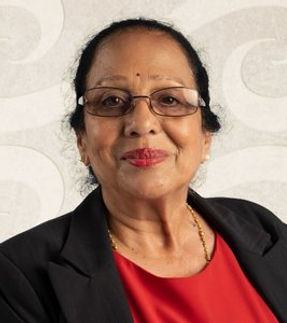
MOE Funded Assessment PLD
Building powerful assessment practices that drive learning
At Blend Learning, we help schools and kura strengthen their knowledge, understanding, and implementation of assessment. Effective assessment is more than data collection — it’s about using evidence to inform teaching, empower learners, and engage whānau in meaningful ways. Our PLD is responsive to the Ministry of Education’s Assessment Rubrics and Best Practice Assessment Guidance (BPAG), ensuring schools are supported with consistent, research-informed, and locally relevant approaches.
Ready to strengthen assessment in your school or kura? Our experienced facilitators will work with you to co-design a programme that meets your context, builds teacher confidence, and accelerates learner progress. Contact Blend Learning today to explore how Assessment PLD can make a lasting impact in your community.
Blend Learning is an approved MOE supplier of Assessment PLD.
Highlights of Assessment PLD with Blend
BASED IN EVIDENCE
Grounded in the science of learning and current research, our facilitators help teachers embed formative and responsive assessment practices. We integrate MOE guidance (BPAG, rubrics) with practical tools like to ensure assessment supports progress and equity.
EXPLICIT & INTENTIONAL TEACHING
We support teachers to plan and teach with clarity, using assessment information to design targeted learning pathways. From co-constructed success criteria to scaffolds that support diverse learners, teachers gain confidence in making deliberate, effective instructional choices.
STUDENT & WHĀNAU AGENCY
Assessment is most powerful when it involves learners and their whānau. We build capability in student-led conferences, self- and peer-assessment, and progress tracking tools that place learners in the driver’s seat and connect whānau authentically to the learning journey.
MEASURING IMPACT
Our facilitation always includes evaluating impact. We work with schools to set indicators of success, triangulate evidence (data, student voice, teacher reflection), and use the MOE’s Assessment Rubric to monitor growth. This ensures shifts in teacher practice lead directly to improved learner outcomes.
MOE FUNDED PLD PACKAGE
6 month & 12 month
-
3 or 6 in-depth Workshop days tailored to your school. We co-design every programme with leadership teams to reflect your local curriculum and school priorities. This ensures relevance, engagement, and alignment at every step.
-
4 or 8 interactive Communities of Practice sessions. These keep momentum between workshops, giving teachers and leaders space to share experiences, problem-solve, and reflect on new practices. They provide just-in-time support and strengthen consistency across teams, ensuring assessment approaches are embedded and sustained beyond the formal PLD.
Why Choose Us to work alongside you on this journey?
✔ Aligned with MOE Rubrics & BPAG, ensuring consistency and national coherence
✔ Evidence-informed practice grounded in the science of learning and current research
✔ Culturally sustaining approaches
✔ Tailored delivery to your school or kura’s local curriculum, priorities, and iwi education plan
✔ Flexible formats – online, hybrid, in-person, clusters, TODs, or after-school sessions
✔ Practical, classroom-focused support using assessment tools
✔ Student and whānau agency at the centre – building assessment practices that empower learners and connect communities
✔ Sustained impact through workshops + COPs, supporting long-term shifts in teacher practice
✔ Proven track record of improving teacher confidence, moderation consistency, and student progress
PLEASE EMAIL US OR CALL TRACEY ON 021444209
Meet our Assessment Team
Our facilitators bring extensive experience, professional development, and proven success in assessment, positioning themselves as leaders in evidence-informed practice. They have undertaken advanced professional learning in Assessment for Learning (AfL), data literacy, and curriculum-aligned assessment design, and have successfully supported schools and kura to embed these approaches. With diverse qualifications and leadership experience across primary, secondary, they apply the science of learning to assessment and evaluation—helping teachers use evidence to inform teaching, empower learners, and strengthen whānau engagement in progress and achievement.


